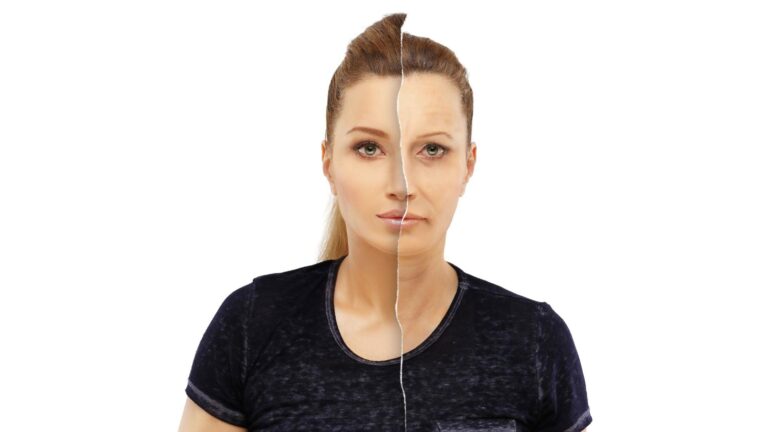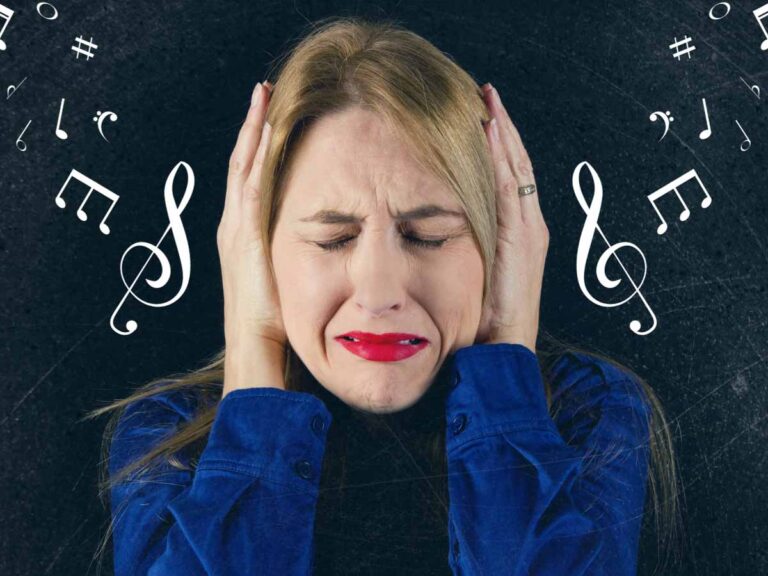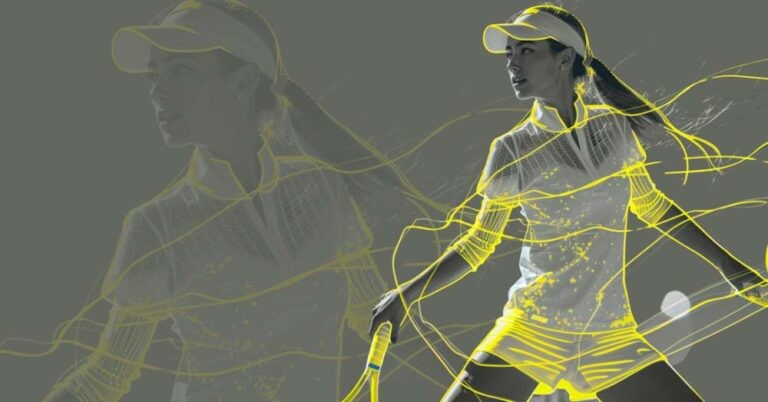
Often, people tell me that happiness is impossible because it is subjective and individualistic experience. In other words, we are all different, we all want different things, we have different definitions of happiness, and therefore we can’t possibly say happiness is X, because of these differences.
Yet, happiness matters, we aren’t that different, and therefore happiness is not subjective and individualistic, and even if it was, we need to find a way to talk about it. This is exactly the point I want to address today.
Why Happiness Is Not Individualistic?
First, let us consider our individualism. It may come as a surprise that you are less of an individual than what you taught to believe. Sure, you know that you exist, and you are conscious of your existence, which is our usual evidence of pro-individualism. However, while we have this awareness, it may be premature to declare us individualistic and unique.
Biologically speaking, we are quite similar to other people. Sure, we have different faces, body types, and neural-connections. Yet, this difference may account for 0,1% of our biological makeup, meaning that we are made from the same clay overall.
Psychologically speaking, we can be quite different, but we generally do many similar things as other people.
Materialistically speaking, we have different preferences, but our financial access often defines our priorities. If we had infinite time, money, and power, we would generally want the same things as everyone else.
Yes, yes, we are different in many ways, but these differences are not enough to claim that we need other things to be happy.
What Evolutionary Marketology Applied to Happiness?
In different moments of our lives, we will want other things, like one person may want to eat, and I want to travel. Yet, generally speaking, we all want to eat, drink, socialize, and travel. Thus, in the short-term, we may have different preferences towards happiness, but what makes us happy is the same in the long-term.
Moreover, thousands of years ago, we didn’t have as many market incentives as we have today, and generally speaking, we wanted the same things. It is only recently that we started to have much more choice and suddenly we were told that we are unique simply because we have different ice-cream presences (among many other preferences in our life).
Yet, it is not because one person wants a Samsung smartphone and another Apple smartphone that we are different. Generally speaking, we all want to have smartphones, the best we can afford / market can offer. Sure, some people may choose to want not to have a smartphone at all. Still, we can arrive at the same conclusions as they do if we follow their logic. That does not make us unique.

What Will Actually Make You Happy?
So what are these similarities of happiness we hinted at throughout this chapter? They are the Six Pillars of Happiness, which I addressed in full in my book with the same title as this blog: Optimal Happiness. I won’t address them in this blog post since it took me almost a full book to talk about them and because it is not the point. This blog post’s topic was to say that our happiness is not subjective and individualistic as some people will claim it to be and, therefore, we can optimize towards happiness.














